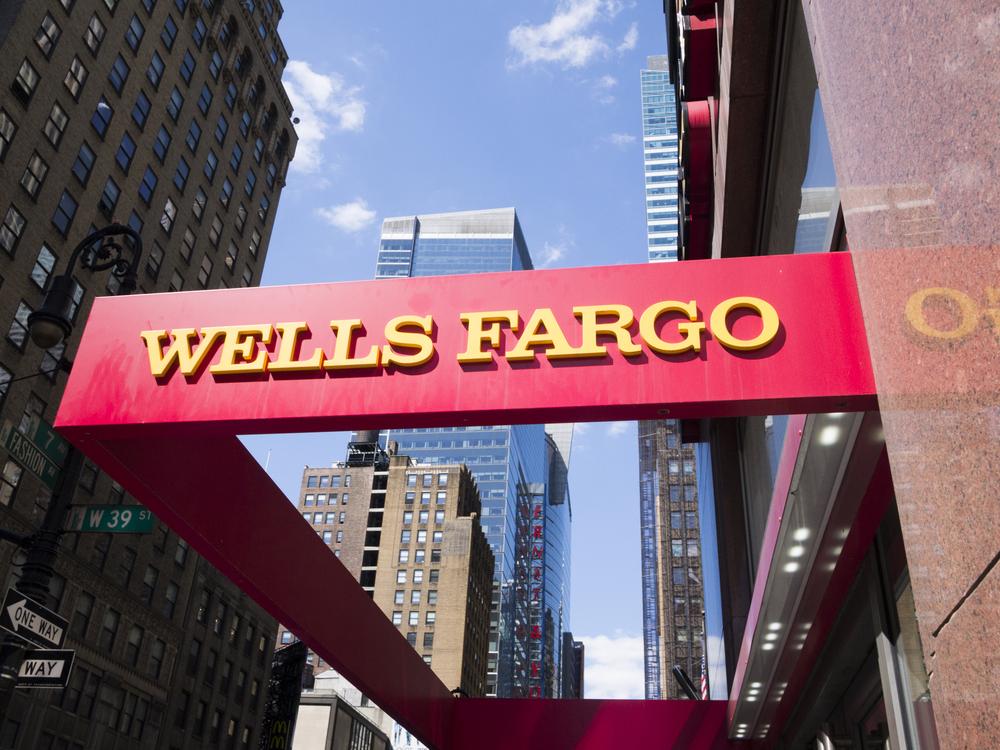Despite London commercial real estate markets being hard hit by Brexit, US Bank Wells Fargo has just decided to invest around £300million in a new office block in the British capital.
Wells Fargo, the US third biggest bank by assets came to an agreement with the Slovak housing developer HB Reavis. The bank will buy a new 225,000 square meter office block in London close to the Bank of England. An official statement of the exact value of the deal has not been published. However, sources close to the deal have quoted a figure close to £300million according to Reuters reports.
The building is supposed to be finished in autumn 2017. Wells Fargo is set to relocate their London headquarters there by 2018.
Frank Prizzo, Wells Fargo’s regional president for Europe, Middle East and Africa has stated that the move to the new building will is possible for the bank to “more efficiently and effectively manage our operations.”
The investment in London real estate comes as a welcomed surprise to many. The London property market and particularly commercial real estate has been a big concern post Brexit as many funds stopped withdrawals.
Housing prices have started to rise more slowly nearly everywhere in the UK post the Brexit vote. In London prices have even started to fall.
The new deal may be a first indication that major businesses are still interested in staying in the UK and will invest in properties even after an exit from the European Union.
There are worries that London may lose its position as the financial capital of Europe after a loss of the easy access to all European Financial markets its European Union Membership currently provides.
After striking the deal with Wells Fargo, Marian Herman, chief financial officer of HB Reavis, has given optimistic comments on the future of the London housing market. She said the deal shows resilience “even under seemingly challenging market conditions.”




